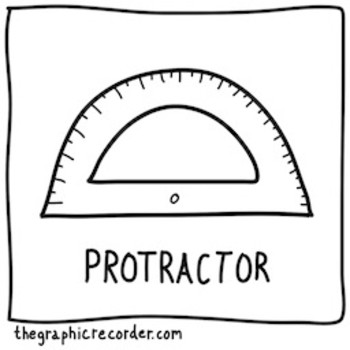K_b -= K_w / K_a = 1.00 xx 10^(-8)
The strong base "NaOH" is in excess and neutralizes all "HA" initially present in the solution. As a result, the hydrolysis of "A"^(-), the product of the neutralization reaction. would be the only reversible process capable of generating an equilibrium.
"A"^(-)(aq) + "H"_2"O"(aq)\
color(purple)(rightleftharpoons) \
"HA"(aq) + ul("OH"^(-) (aq))
R "A"^(-)(aq) + "H"_2"O"(aq)\
color(purple)(rightleftharpoons) \
"HA"(aq) + ul("OH"^(-) (aq))
I 0.005 color(white)(------------) 0.005
C -x color(white)(-------ll)+x color(white)(----) +x
E 0.005 -x color(white)(-----l-)x color(white)(---ll) 0.005 +x
(in mol)
c = n /color(purple)(V) and therefore
K_b("A"^(-)) = (overbrace(["HA"])^("conjugate acid") * ["OH"^(-)])/(overbrace(["A"^(-)])^("weak base"))\
= ((x)/(0.150)*(0.005+x))/(0.005 -x )
(x*(0.005+x))/(0.005 -x ) = 1.00 xx 10 ^(-8) * 0.150
x^2 + (0.005 + 1.00 xx 10^(-8))* x -0.005 * 1.00 xx 10 ^(-8) = 0
x = 1.50 xx 10 ^(-9) color(white)(l) mol
(x > 0 given that ["HA"] >= 0)
Therefore
n("OH"^(-)) = 0.005 + 1.50 * 10^(-9) ~~ 0.005 color(white)(l) mol
c("OH"^(-)) = n / V = 0.0333 color(white)(l) mol * dm^(-3)
"pH" = "pKw" - "pOH" = 12.523
Note that "OH"^(-), already present at great quantity, is the only factor through which the equilibrium influences the "pH" of the solution. K_b = 1.00 xx 10^(-8); thus there's a small deviation in "pH" from what would have been observed with a strong acid of the same volume and concentration.

